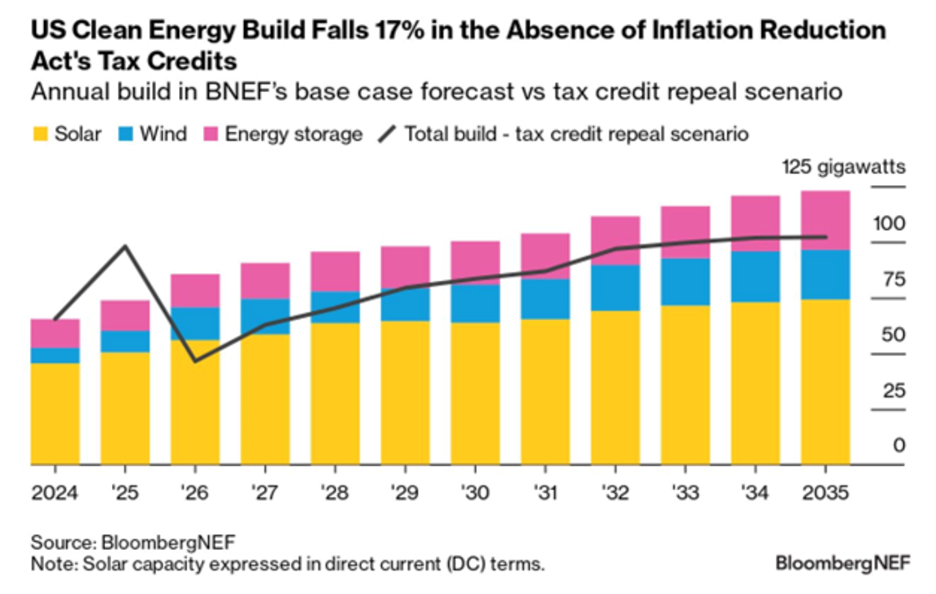Plastics Get A Win: Treaty Moves Forward Highlighting Need for Standard Corporate Disclosure
- 8. März 2022
- 2 Min. Lesezeit
March 8, 2022

Photo: UNEP / 02 Mar 2022.
With society awash with hundreds of millions of tons of single-use plastic, 175 nations yesterday agreed to begin a United Nations led process to write a global plastics treaty legally binding by 2024.
The agreement seeks to address “full lifecycle of plastic from source to sea”.
While plastics support food safety and make airplanes lighter and safer, plastic production also increases global warming.
For example, according to the EIA in 2015, 18% of industrial emissions came from plastics production. In fact, CO2 emissions from plastics globally were 1.8 gigatons in 2015.
Plastic production is greater than 1 million tons daily.
Microplastics are now found in human placenta.
During the production of plastics, toxic chemicals are often released causing cancers such as in Louisiana’s Cancer Alley. Millions of animals die each year
Plastics are infamously forecast to outweigh fish in the ocean by 2050.
Given this, regulators are beginning to act, creating a clear path forward with the launch of the UN process for a global plastics treaty.
From a business perspective, the petrochemical sector is a high-volume business. There are over 350,000 different types of manufactured chemicals in the global market, including plastics. The petrochemical to plastics supply chain is fragmented globally with generally low margins. Supply chains are complex with millions of direct employees.
Thus, analysts at Responsible Alpha assessed capital markets participants for their reporting of the current risks and opportunities associated with the plastics supply chain.
Focusing only on companies with significant revenue associated with plastics production and limited to companies whose market capitalization is greater than $1 billion dollars,
Responsible Alpha analysis of over 360 companies with aggregate market capitalization of $2.8 trillion demonstrated that most companies consistent and comparable reporting of their strategies that address our global plastic waste and pollution problems.
For example, very few companies report the following:
Their percent of packaging from recycled materials, with a standard, scientifically rigorous definition for recycled materials.
Their percent of compostable materials, again with a standard, scientifically rigorous definition for compostable.
Their strategy to migrate all their plastic production, use, and sales to sustainable plastics.
The opportunity now is for these same companies to develop a standardized reporting structure. With a standardized reporting structure, analysts can then easily integrate corporate actions into their ESG modelling.





Kommentare